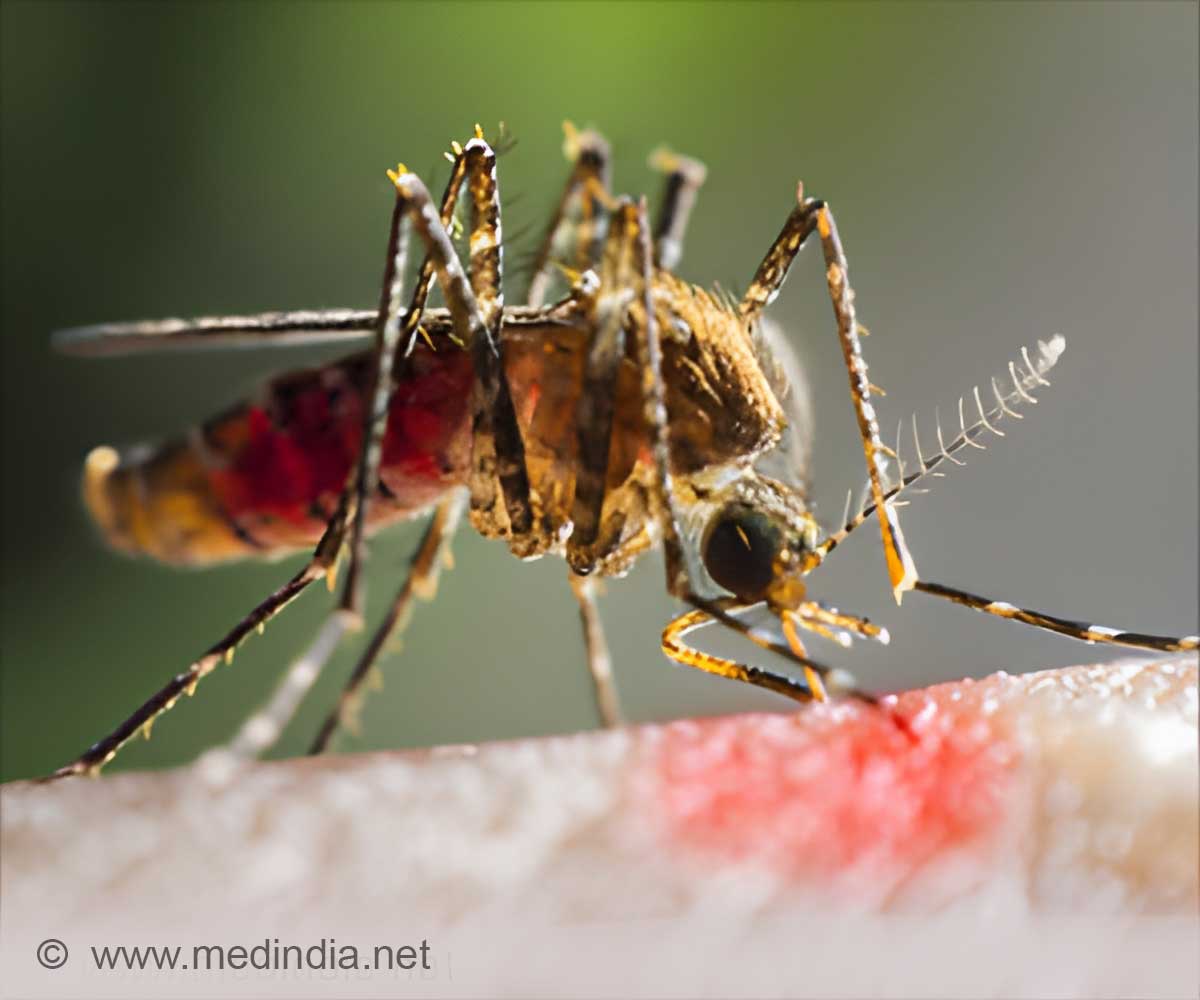A woman infected by the Zika virus during the first three months of pregnancy faces a one-in-100 chance her child will suffer severe brain damage.

‘A woman infected by the Zika virus during the first trimester of pregnancy faces a one-in-100 chance her child will suffer severe brain damage.’





"The first trimester is the most critical," lead author Simon Cauchemez, a scientist at the Institut Pasteur in Paris. His team's statistical analysis of a Zika outbreak in French Polynesia in 2013-14 that spread to two-thirds of the population is the most rigorous attempt yet to quantify the risk of microcephaly, which emerges in fetuses. However, the ongoing Zika epidemic and patchy data have thwarted similarly rigorous analyses. One study from Brazil estimated the chance of birth defects for mothers carrying the virus during pregnancy at more than 20%, but carried a very large margin of error.
All told, some 40 countries have reported transmission within their borders since 2015, according to the World Health Organization, which declared a global health emergency on February 1, 2016.
The new research does not prove that Zika causes the brain-deforming syndrome. But recent experiments, including one showing that the virus singles out and attacks cells crucial to brain development, have left little doubt in the minds of many researchers that Zika is to blame.
A flurry of studies has also established strong links to other rare neurological disorders, including one - Guillain-Barre syndrome - in which immune defenses turns against the body's nervous system, sometimes causing lasting damage or even death.
Advertisement
"This provided us with a small, yet much more complete dataset than data gathered from an ongoing outbreak," such as in Brazil or Colombia, the second-most affected nation, said co-author Arnaud Fontanet, also of the Institut Pasteur.
Advertisement
One is whether the risk is higher for Zika-infected pregnant women who show symptoms. On it's own, Zika is fairly benign, like a bad cold or a mild flu. In many cases, people don't even know they have it. "We think that about 80% of people infected show no symptoms at all," Cauchemez said in an interview.
Another unknown is whether patterns in French Polynesia are transferrable to Latin American, and eventually other parts of the world if Zika continues to expand its footprint. These populations are far more 'genetically diverse', commented Nathalie MacDermott, a clinical research fellow at Imperial College London who was not involved in the study. "This may well alter whether these calculations apply to the current outbreak in South America."
It is likewise possible that the virus has mutated since the 2013 outbreak, becoming more virulent.
Studies still in the pipeline - looking at data from Pernambuco State in Brazil, Rio de Janeiro, and parts of Colombia - show higher rates of brain-damaged fetuses, said Laura Rodrigues, a professor of infectious disease epidemiology at the London School of Hygiene and Tropical Medicine.
"Rather than a single, underlying risk, however, these estimates could result from other factors, such as the presence of clinical symptoms or previous dengue infection," she said in a comment, also published in The Lancet.
Dengue, along with the chikungunya virus, are carried by the same family of mosquitoes that spread Zika.
Overall, independent experts lauded the study.
"This is an important finding because - as well as advancing our confidence that Zika can be the cause of microcephaly - it also helps us, for the first time, to think about defining a risk period during pregnancy," said Derek Gatherer, a lecturer at Lancaster University in England. "This is sure to have major implications for travel to affected areas by pregnant women."
Preliminary research also shows that Zika can be sexually transmitted by men.
Source-AFP













